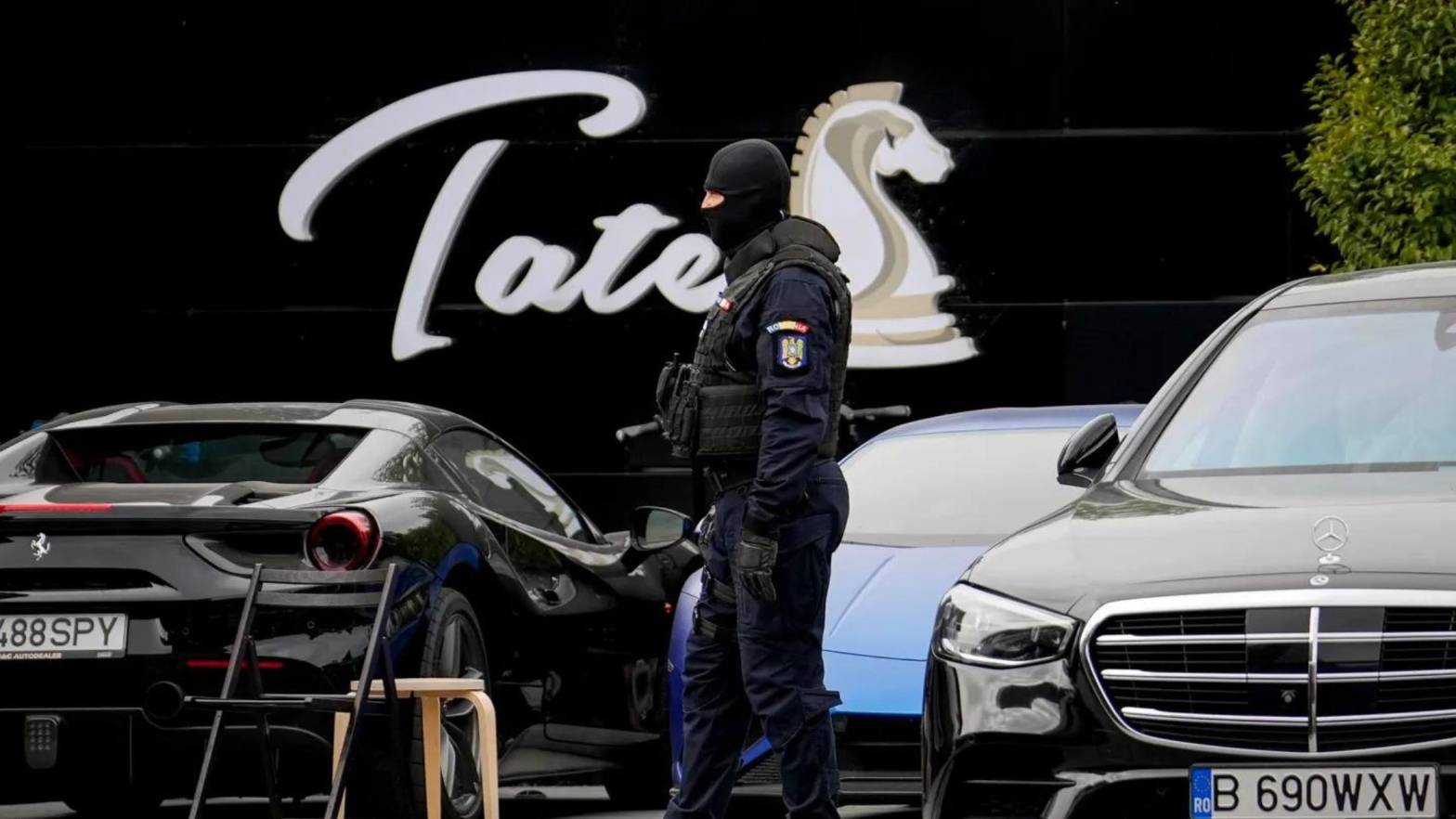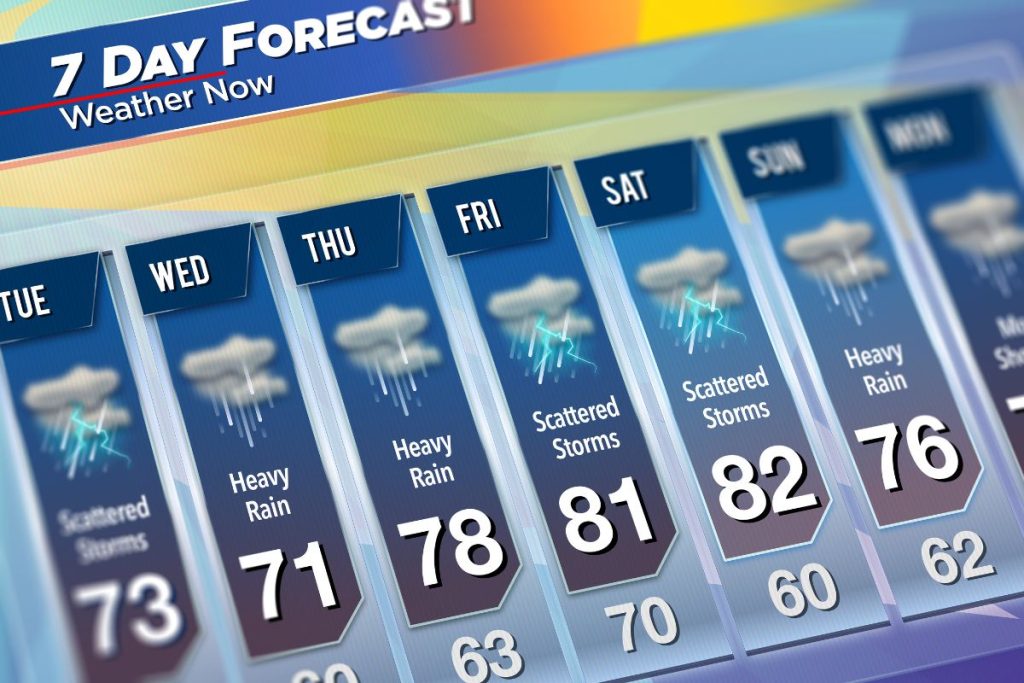
Andrew Tate’s Home Raided Again by Romanian Authorities Amid Ongoing Human Trafficking Investigation
Bucharest, Romania — August 21, 2024 — Romanian authorities raided the home of controversial social media influencer Andrew Tate early Wednesday morning as part of an ongoing investigation into human trafficking and sexual exploitation. This latest raid comes just over a year after Tate, his brother Tristan, and two other associates were initially charged with human trafficking, rape, and forming an organized crime group. The investigation, which has garnered international attention, now reportedly includes allegations involving minors, marking a significant escalation in the case.
Table of Contents
A Recurring Spotlight on Andrew Tate
Andrew Tate, a former kickboxing champion turned social media personality, is no stranger to controversy. Known for his brash, often inflammatory rhetoric on platforms like Twitter and Instagram, Tate has cultivated a large following by promoting a hyper-masculine, materialistic lifestyle. However, his online persona has increasingly come under fire as allegations of criminal activity have surfaced.
In December 2022, Romanian police first detained Tate and his brother Tristan following a raid on their Bucharest property. The Tates were held in custody for months before being placed under house arrest. In June 2023, the Romanian authorities officially indicted the brothers, along with two Romanian women, on charges of human trafficking, rape, and forming an organized crime group aimed at exploiting women. The indictment was a significant development, positioning the Tates at the center of a high-profile legal battle.
The August 2024 Raid: New Allegations Involving Minors
The latest raid on August 21, 2024, suggests that the Romanian authorities are intensifying their investigation. According to sources familiar with the matter, the raid was carried out based on new evidence that emerged, potentially involving the exploitation of minors. Although specific details about the evidence remain confidential, this development indicates that the scope of the investigation may be broader than initially believed.
Local media reports indicate that several properties linked to Tate, including his main residence and other associated addresses, were searched. The raids were conducted by Romania’s Directorate for Investigating Organized Crime and Terrorism (DIICOT), the same agency that has been handling the case since its inception. The agency’s involvement underscores the seriousness of the charges, particularly with the new focus on minors, which could lead to even harsher penalties if the allegations are proven.
The Legal Landscape: A Complex and Ongoing Battle
Andrew Tate has consistently denied all accusations against him, framing the charges as part of a larger conspiracy to silence his controversial views. His legal team has argued that the Romanian authorities have failed to provide concrete evidence linking him to the alleged crimes. Despite these claims, the Romanian judicial system has moved forward with the case, culminating in this latest raid.
The legal framework surrounding human trafficking and sexual exploitation in Romania is stringent, with trafficking of adults carrying a prison sentence of up to 10 years, and trafficking of minors potentially resulting in even more severe consequences. Given the serious nature of the charges, the case against Tate could result in significant legal repercussions if he is found guilty.
This is not the first time Tate has faced legal challenges. Prior to his legal troubles in Romania, he was involved in a series of controversies in the United Kingdom, including allegations of domestic violence. However, the current charges in Romania are by far the most serious, potentially leading to substantial prison time if convicted.
Public and Media Reaction: A Divisive Figure
The case has generated widespread media coverage, both in Romania and internationally. Tate’s divisive personality and the nature of the charges have made him a focal point in discussions about the influence of social media personalities and the potential for criminal behavior within that sphere.
Supporters of Tate, who admire his unapologetic approach to life and his critiques of modern society, have rallied around him, asserting that the charges are part of a broader attempt to discredit him. On the other hand, his critics argue that Tate’s actions and rhetoric have long been problematic, and the allegations are a natural consequence of his behavior.
Romanian authorities have faced both praise and criticism for their handling of the case. Some commend DIICOT for their thorough investigation, while others question the length of time the investigation has taken and the impact of media coverage on the judicial process. The inclusion of allegations involving minors has further polarized public opinion, with many expressing outrage at the possibility of such crimes.
Implications for Social Media and Beyond
The Tate case has broader implications beyond the immediate legal proceedings. It raises questions about the responsibility of social media platforms in monitoring and regulating the behavior of influential figures. Tate’s rise to fame was largely driven by his online presence, where he promoted controversial views that resonated with a significant audience.
As the case unfolds, it could prompt platforms like Twitter, Instagram, and YouTube to reconsider their policies regarding content and user behavior, particularly when it involves individuals with large followings. The intersection of social media influence and legal accountability is likely to be a growing area of concern, especially as more personalities like Tate emerge in the digital landscape.
What’s Next for Andrew Tate?
The August 2024 raid marks another chapter in what has become one of Romania’s most high-profile criminal cases in recent years. As the investigation continues, the world will be watching to see how the Romanian judicial system handles the new allegations and whether Tate and his associates will face trial on the expanded charges.
For now, Andrew Tate remains under intense scrutiny, with his future both as a public figure and a free man hanging in the balance. The outcome of this case could have far-reaching consequences, not only for Tate but also for the broader conversation about the responsibilities and limits of social media influence in today’s world.
August 21, 2024

















